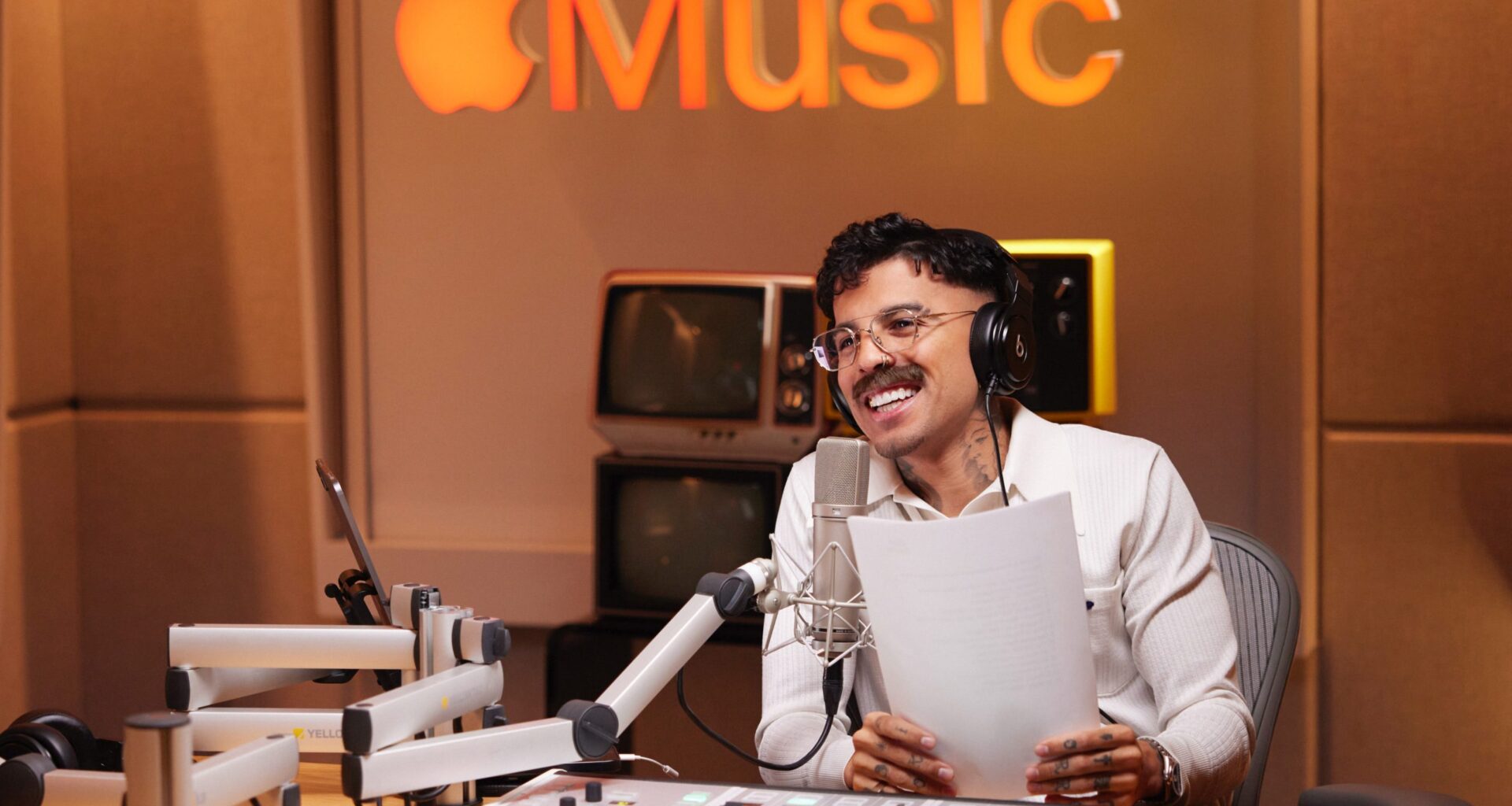Apple Music Radio is now a stable of six stations, having added Latin, dance and chillout channels last December to join its hits, country and flagship Apple Music 1 station.
Now Apple has made a surprising move that sees its radio properties breaking out from its music service to reach a wider audience.
All six stations are now also available via TuneIn, the popular radio-aggregation app that has more than 75 million monthly active users. They will be free to listen to through TuneIn’s app as well as connected devices it has partnerships with. At the time of writing the six stations are getting prominent placement in TuneIn, with their own discovery carousel.
Apple Music’s co-head Rachel Newman described the move as an effort to bring its radio offering “to even more people, extending beyond the Apple ecosystem and reaching music fans wherever they are”. However, Apple may not be quite as keen on the angles taken in some of the coverage of the news.
The Wall Street Journal headlined its piece with an ‘after losing ground to Spotify’ angle, basing that on Midia Research estimates suggesting that Apple Music’s market share of global music subscribers has fallen from 16% in 2020 to 12% at the end of 2024.
That still put it ahead of Amazon Music and YouTube Music (both estimated to have 10% shares of the 818m total subscribers at the end of 2024) but some way behind Spotify’s 32% share. With links back to Apple Music itself, the TuneIn deal could become a new funnel for subscriptions.
This should not be the only lens through which the deal is viewed, however. As Apple Music Radio reaches more listeners, it will become more than just a promotional channel for its parent streaming service. Its standalone value in terms of spins and artist interviews (Rauw Alejandro pictured) should increase too.
Measuring that may be tricky: we’re not holding our breath for Apple to put our regular listening figures for its six radio stations now they’re out in the wild.
Still, the TuneIn deal is a bold and surprising move that will make waves beyond the streaming market. The radio industry will be gauging the impact of six high-quality, advertising-free (that’s a key point) stations breaking out from their parent DSP for example.
Finally, this is a big moment for TuneIn, especially given the past legal headaches for its aggregation business. It’s just over four years since it was losing an appeal against a UK High Court decision in a copyright infringement lawsuit brought by Sony Music and Warner Music Group. Now it’s buddying up with the music industry’s longest-established digital partner of all.
Related Stories
